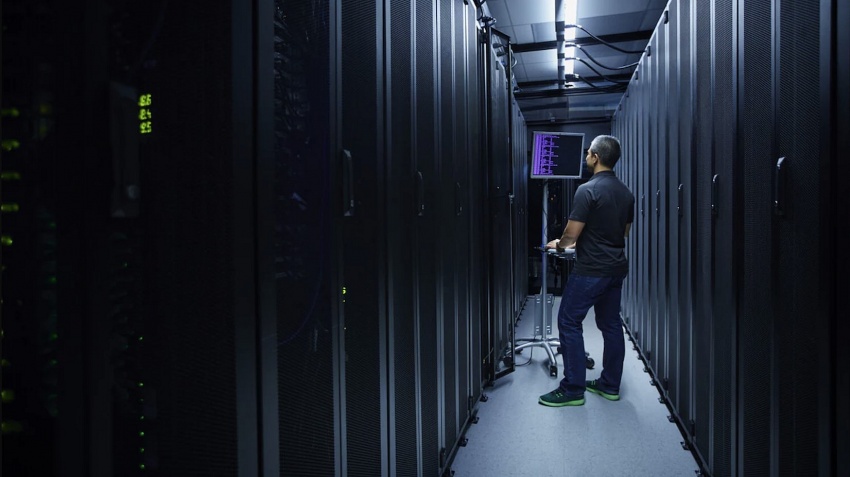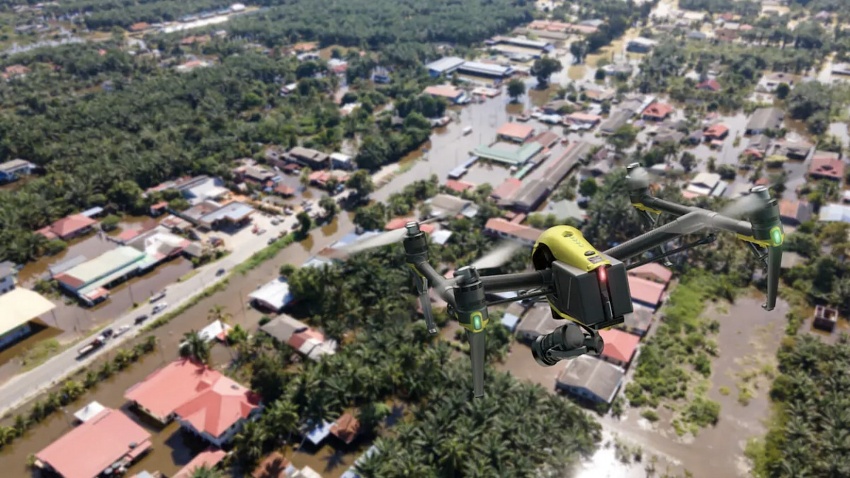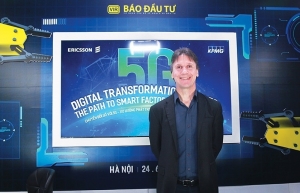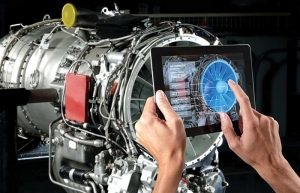Enterprises ramp up resilience in erratic world
According to the report, 42 per cent of decision-makers currently believe that they will face disruptions to their enterprise in the near future due to natural disasters caused by climate change. Other unforeseeable events are also expected to create challenges, such as the energy crisis, pandemics, and global conflicts.
Businesses recognise that there is a need to move from reactive strategies toward long-term planning in the shift away from recovery-oriented resilience.
 |
| Future of Enterprise report |
Companies are taking resilience planning seriously with 49 per cent of decision-makers saying that their company has a well-defined strategy to handle disruptive events. Among employees, almost eight times more say they are prepared than not.
That preparation is being driven by digitalisation and automation, as 90 per cent of the companies that have well-defined resilience strategies in place are investing heavily in these areas.
However, it is important to recognise the value of proactive rather than reactive resilience, something that may not be a part of many enterprises' strategies. In essence, more work needs to be done given the current climate.
Senior researcher Patrik Hedlund, Ericsson Consumer & IndustryLab said, “War. Energy crisis. Natural disasters. Pandemics. Our world has become increasingly complex and the time to adopt resilience strategies is now. It has never been more paramount for enterprises if they hope to remain competitive and sustainable in the long term."
"Although many companies have strategies in place already, this report highlights the apparent need for a shift from short-term, redundancy-based resilience to a long-term, efficiency-based strategy,” he added.
 |
In fact, six out of 10 decision-makers believe that AI-based services and VR resilience training implemented following disruptive events are key in handling future disruptions, highlighting the need to look at past trends when building future resilience.
There is a clear need to broaden the scope of resilience in support of sustainability and a forward-thinking business model. According to the report’s findings, two key shifts in resilience strategy will be critical moving forward:
• A move from short-term redundancy-based resilience to a more environmentally sustainable, long-term, efficiency-based resilience. Nearly 8 out of 10 enterprises say they are still increasing redundancy in their supply chains today
• Recovery-oriented resilience needs to shift towards proactive business model innovation. Today, 80 per cent of decision-makers say this is a part of their resilience strategy, and close to 60 per cent of them plan to increase these efforts in the future
The report outlines the benefits of ICT-powered concepts that will ultimately help enterprises remain resilient and sustainable when faced with disruption. It also discusses the different paths enterprises can take to become more resilient organisations.
 | The path to success with smart 5G manufacturing in Vietnam With digitalisation and automation taking place in factories in Vietnam, manufacturers are expecting successful transformation ahead to increase factory capabilities and boost agility. Denis Brunetti, president in Vietnam and Myanmar for Ericsson, discussed with VIR’s Bich Thuy how to make it happen with sci-tech advancements. |
 | 5G can change the game in manufacturing As the fastest and most reliable connectivity enabler the world has ever seen, 5G will deliver an array of innovative uses to increase factory capabilities and boost agility. Denis Brunetti, president for Ericsson in Vietnam and Myanmar, explains why freeing operations from wire dependency is the best direction to take. |
 | 4G/5G wireless networks driving digitalisation across industries People are seeing a massive digitalisation wave taking place across industries with reliable and secure connectivity serving as the foundation. |
 | Transforming healthcare through 5G Key findings within Ericsson’s ConsumerLab report, titled “From Healthcare to Homecare”, have outlined the potential of 5G to transform the healthcare sector globally and in Vietnam. |
What the stars mean:
★ Poor ★ ★ Promising ★★★ Good ★★★★ Very good ★★★★★ Exceptional
Themes: Digital Transformation
- PM sets five key tasks to accelerate sci-tech development
- Ho Chi Minh City launches plan for innovation and digital transformation
- Dassault Systèmes and Nvidia to build platform powering virtual twins
- Sci-tech sector sees January revenue growth of 23 per cent
- Advanced semiconductor testing and packaging plant to become operational in 2027
Related Contents
Latest News
More News
- Ho Chi Minh City launches plan for innovation and digital transformation (February 25, 2026 | 09:00)
- Myriad risks ahead, but ones Vietnam can confront (February 20, 2026 | 15:02)
- Vietnam making the leap into AI and semiconductors (February 20, 2026 | 09:37)
- Funding must be activated for semiconductor success (February 20, 2026 | 09:20)
- Resilience as new benchmark for smarter infrastructure (February 19, 2026 | 20:35)
- A golden time to shine within ASEAN (February 19, 2026 | 20:22)
- Vietnam’s pivotal year for advancing sustainability (February 19, 2026 | 08:44)
- Strengthening the core role of industry and trade (February 19, 2026 | 08:35)
- Future orientations for healthcare improvements (February 19, 2026 | 08:29)
- Infrastructure orientations suitable for a new chapter (February 19, 2026 | 08:15)

 Tag:
Tag:























 Mobile Version
Mobile Version